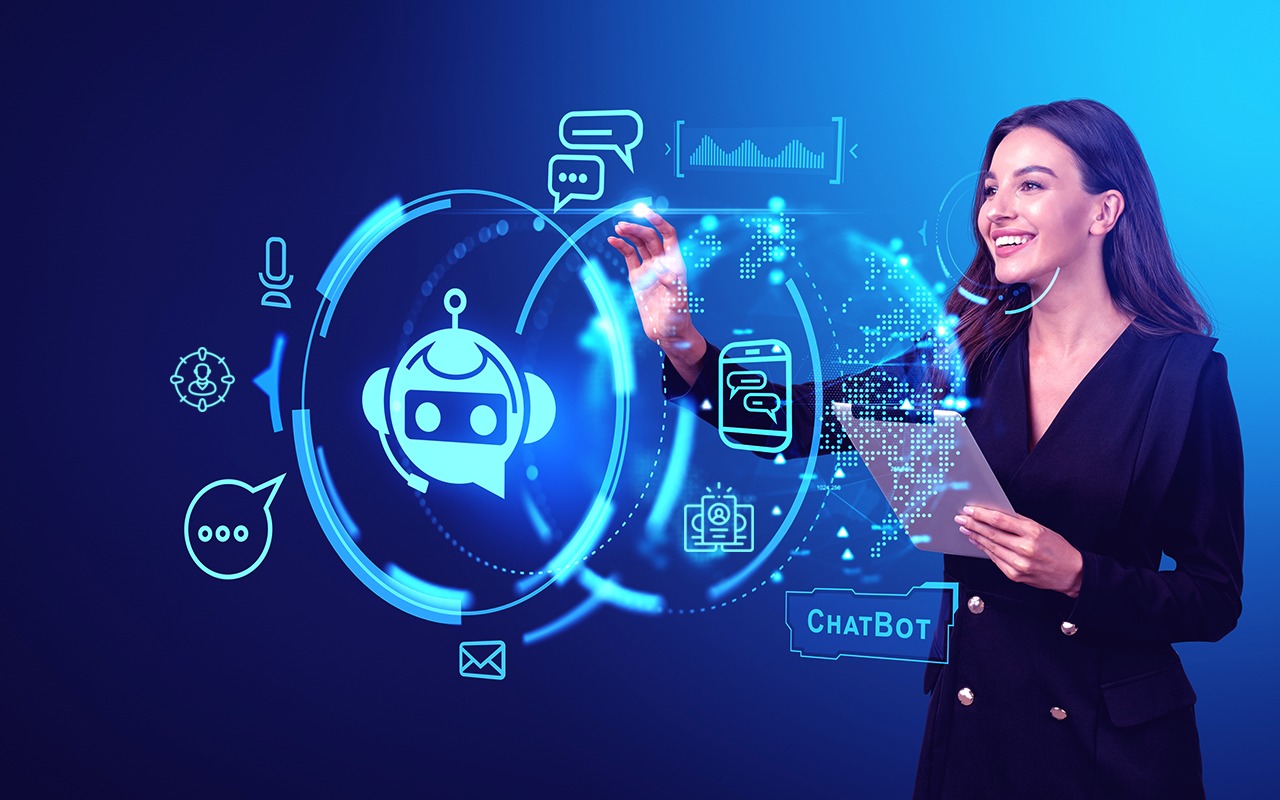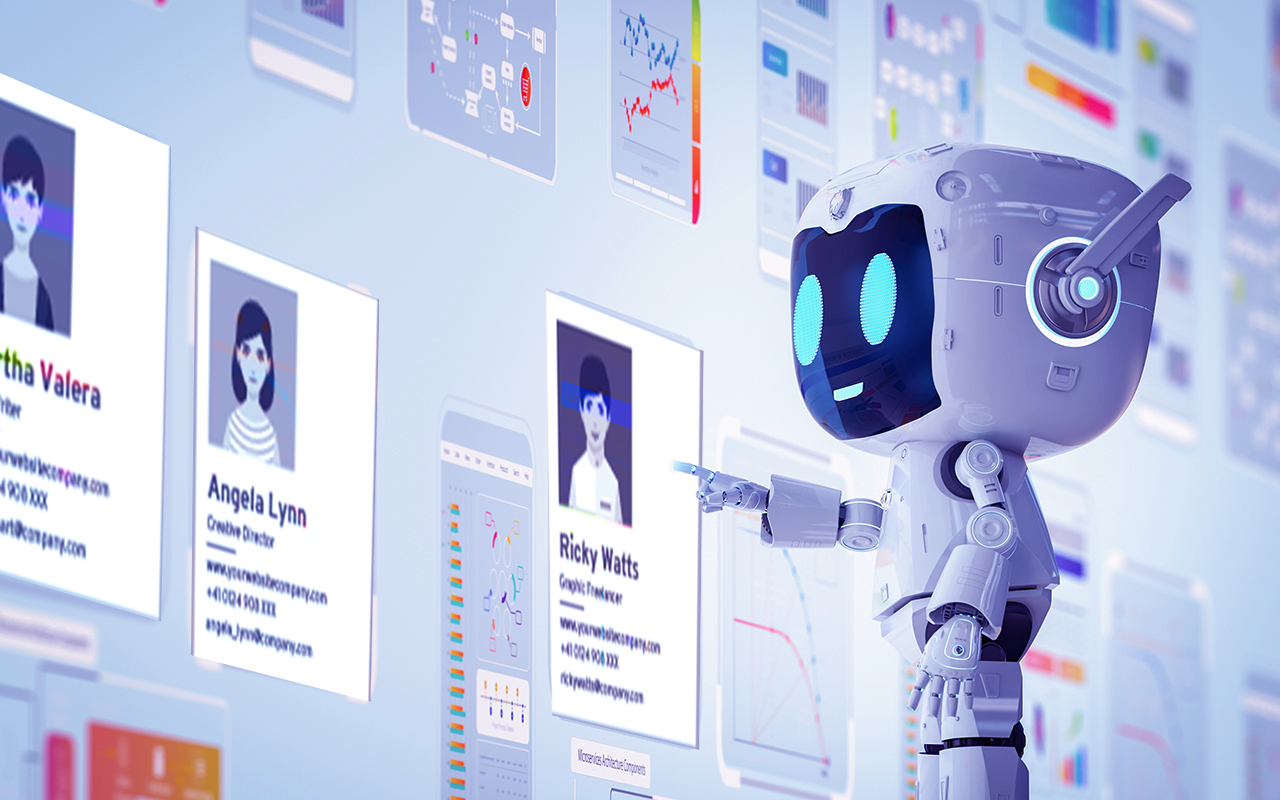- Published:
- Reading time: 8 minutes
Enterprise Resource Planning (ERP) has long been the backbone of efficient business operations. As we approach 2025, the integration of artificial intelligence (AI) is revolutionizing ERP solutions, and offering businesses unprecedented levels of industrialization and insight.
But with the rise of Artificial Intelligence (AI), the capabilities of ERP are reaching new heights and 2025 promises to be the year businesses truly realize their potential.
- 65% of CIOs plan to integrate AI into their ERP systems by 2025 (Gartner)
- $26.8 billion: expected value of the global AI-powered ERP market by 2028 (MarketsandMarkets)
Understanding AI-Powered ERP:
Imagine an ERP system that predicts inventory needs before stock falls, automates repetitive tasks, and generates personalized insights to guide your strategic decisions. That’s the future AI-powered ERP promises.
By combining AI with traditional ERP functionalities, businesses can streamline data processing, automate workflows, and gain valuable insights from predictive analytics. This integration enables organizations to make data-driven decisions, optimize operations, and drive growth.
Benefits of AI-Powered ERP:
1. Automated Data Processing and Analysis:
AI-powered ERP systems automate data management, processing, and analysis, enabling real-time insights for informed decision-making. This automation eliminates manual tasks, reduces errors, and improves overall efficiency.
2. Intelligent Automation and Workflow Optimization:
With AI integration, routine tasks within ERP processes can be automated, freeing up human resources to focus on strategic initiatives. This intelligent automation improves productivity, reduces costs, and optimizes workflows for maximum efficiency.
3. Predictive Analytics and Forecasting:
Forget gut feelings and guesswork. AI-powered ERP provides real-time insights, predictive analytics, and data-backed recommendations to guide every decision you make. Accurate forecasting enables proactive planning, risk mitigation, and better resource allocation. This feature allows organizations to leverage insights and become innovative.
4. Enhanced Personalization and User Experience:
AI tailors ERP interfaces and functionalities to individual user preferences, creating personalized user experiences. This customization improves user adoption, satisfaction, and overall productivity.
5. Improved Scalability and Adaptability:
AI-powered ERP solutions offer scalability and adaptability to meet evolving business needs. Cloud ERP solutions, in particular, provide flexibility, allowing businesses to scale their operations seamlessly and support growth.

Trends Shaping the Future
2024 will see several key trends driving AI integration into ERP:
Predictive Analytics:
Forget time-consuming spreadsheets and gut-based decisions. AI-powered ERP will analyze real-time data and historical trends to deliver accurate forecasts on everything from sales figures to machine maintenance needs. Imagine knowing demand fluctuations months in advance or predicting equipment failures before they happen. That’s the power of predictive analytics.
Robotic Process Automation (RPA):
Say goodbye to tedious data entry and repetitive tasks. RPA bots, powered by AI, will automate these processes, freeing up your employees for more strategic work. Imagine an ERP system that automatically reconciles invoices, updates financial reports, and schedules shipments – all without human intervention. That’s the efficiency RPA brings.
Generative AI:
Personalization will become paramount in 2025, and AI-powered ERP will be at the forefront. Imagine an ERP system that generates custom reports tailored to each user’s role, recommends tailored marketing campaigns, and even personalizes customer interactions. That’s the power of generative AI in your hands.
Supply Chain Revolution:
The global supply chain is complex and often unpredictable. AI-powered ERP will provide unprecedented visibility, optimize inventory levels, streamline logistics, and predict potential disruptions. Imagine an ERP system that automatically adjusts production schedules based on real-time shipping updates and suggests alternative suppliers in case of delays. That’s the resilience AI brings to your supply chain.
Enhanced Cybersecurity:
Data breaches are a growing concern, but AI-powered ERP can be your new line of defense. Imagine an ERP system that detects anomalous activity in real-time, identifies potential threats, and even predicts cyberattacks before they occur. That’s the peace of mind AI brings to your data security.
Implementing AI-Powered ERP:
Consider the following steps for a successful AI-powered ERP implementation:
1. Assessing Business Needs and Goals:
Identify pain points and areas where AI integration can bring the most value. Align AI-powered ERP goals with overall business objectives to ensure a targeted and effective implementation.
2. Choosing the Right AI-Powered ERP Solution:
Select an AI-powered ERP vendor that offers robust AI capabilities, scalability, and integration options. Consider cloud ERP solutions for their flexibility and ease of implementation.
3. Data Management and Security Considerations:
Ensure data integrity, privacy, and security in AI-powered ERP systems. Implement robust data governance practices and comply with relevant regulations to protect sensitive information.
4. Conduct Thorough Testing and Training:
Before going live, conduct rigorous testing of all AI-powered features and integrations to ensure accuracy, performance, and security. Provide comprehensive training for your employees on the new system, focusing on AI-powered features and how to leverage them effectively in their daily tasks.
5. Manage Change and Communication:
Communicate the benefits and changes associated with the AI-powered ERP implementation to all levels of the organization. Address concerns and build anticipation for the system’s potential. Implement strategies to overcome resistance to change and ensure smooth adoption of the new system. Provide support and resources to help employees adapt to the new workflows.
6. Embrace Continuous Improvement:
Measure the impact of your AI-powered ERP implementation against your initial goals and track key metrics like efficiency, accuracy, and customer satisfaction. Keep yourself informed about the latest advancements in AI-powered ERP technologies and features. Look for opportunities to further optimize your system and leverage emerging capabilities.
Above all, encourage a data-driven culture within your organization and empower employees to experiment with the AI features of your ERP system. Continuously explore new ways to unlock its potential for growth and success.
Conclusion:
AI-powered ERP represents a paradigm shift in enterprise resource planning, offering businesses unparalleled efficiency, productivity, and growth potential.
By embracing AI integration, organizations can leverage automation, predictive analytics, and personalized user experiences to stay ahead of the competition. With careful implementation and a focus on data management and security, businesses can unlock the full potential of AI-powered ERP and drive their success in 2025 and beyond
Written by:





